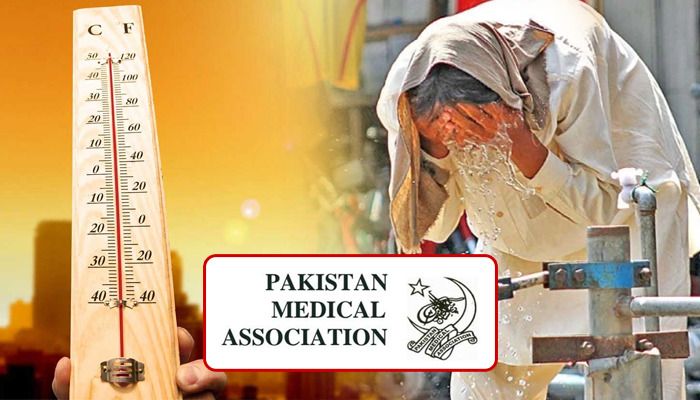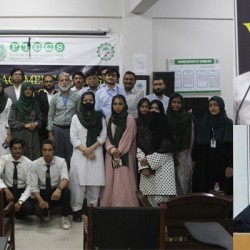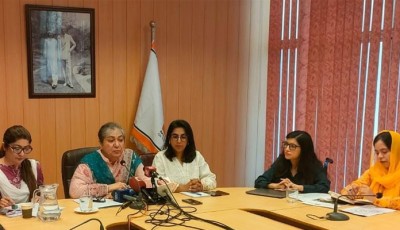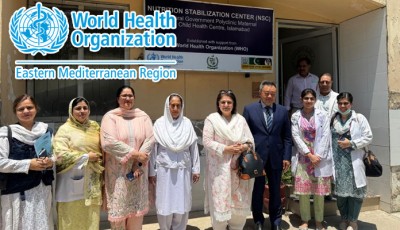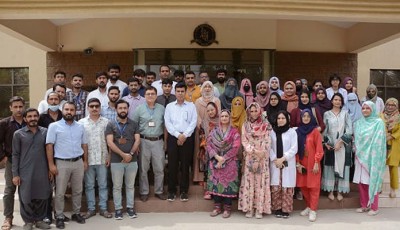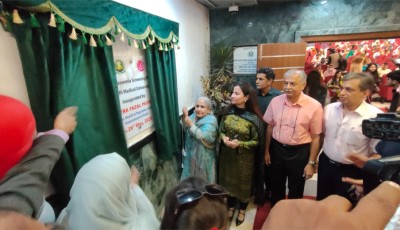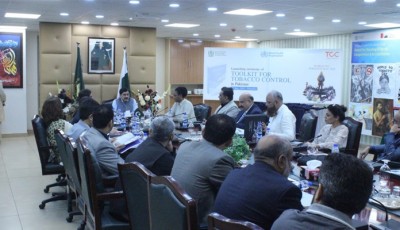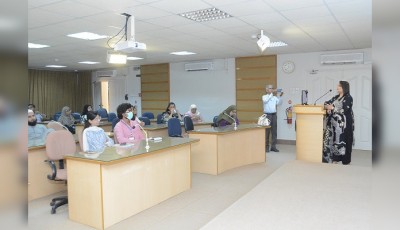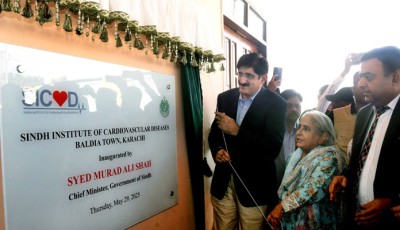Karachi: As extreme heatwaves intensify across Pakistan, the Pakistan Medical Association (PMA) has issued urgent guidelines to protect public health and prevent heat-related illnesses and deaths. The advisory emphasizes early identification of symptoms, preventive care, and immediate government action.
“Heatwaves are not just a weather issue—they are a public health emergency,” warned Dr. Abdul Ghafoor Shoro, Secretary General of PMA. “We are witnessing rising cases of heat exhaustion and heatstroke. Without timely preventive measures, the consequences could be devastating, especially for vulnerable groups like children, the elderly, and outdoor workers.”
How to Recognize and Respond to Heat Illnesses
The PMA advises the public to watch for early signs of heat exhaustion—such as heavy sweating, dizziness, and nausea. Anyone affected should be moved to a shaded or air-conditioned space, offered water, and cooled with wet cloths or cold showers.
In cases of heatstroke—marked by hot, dry skin, confusion, or unconsciousness—immediate medical attention is critical. The person must be cooled urgently and taken to a hospital. Fluids should not be given if the individual is unconscious.
- Public Safety Measures
- Stay indoors between 11:00 AM and 4:00 PM
- Wear light, breathable clothing and head coverings
- Use umbrellas or caps when outdoors
- Take frequent breaks if working outside
Hydration and Food Tips
Citizens are urged to drink 15–20 glasses of water or fresh juices daily—even if not thirsty. Avoid alcohol, caffeinated, and sugary drinks. Consume light, home-cooked meals with fruits and vegetables, while steering clear of fried or spicy food. Cooling the body with wet cloths or cold showers is also recommended.
Extra Care for Vulnerable Populations
Children, elderly citizens, and outdoor laborers are most at risk. These groups need constant hydration, cooling breaks, and limited sun exposure. Employers must ensure outdoor workers have shaded rest areas and access to water.
Call for Government Action
- The PMA has appealed to authorities for immediate interventions:
- Uninterrupted power and water supply
- Public awareness campaigns
Establishment of heatwave response centers
Provision of public sheds and mobile medical units, especially in crowded zones like livestock markets
“This is a test of our preparedness and compassion,” Dr. Shoro emphasized. “We urge the government to take swift, visible steps, and we urge the public to act responsibly. Every effort counts when it comes to saving lives.”
By following these guidelines, Pakistan can prevent countless heat-related tragedies during the summer season.
